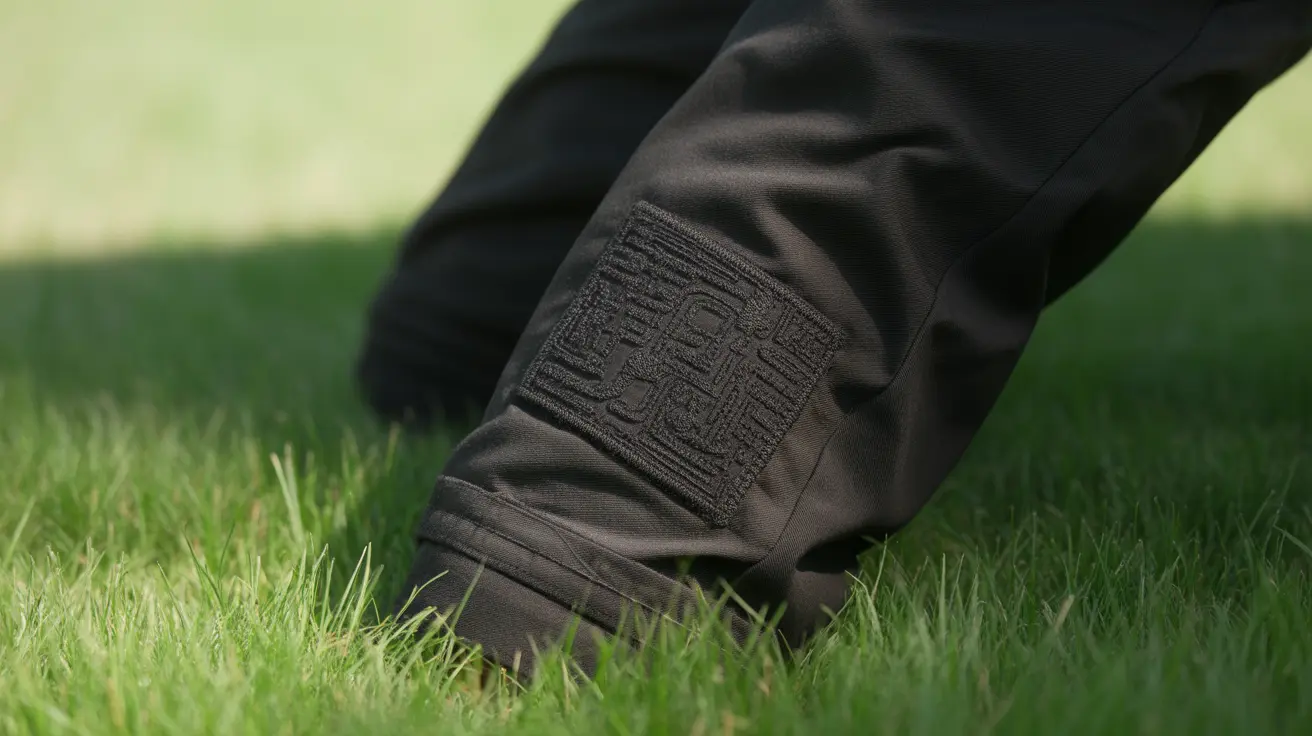Recognizing the Symptoms of Fiber Deficiency in Dogs
Fiber, though not officially classified as an essential nutrient, plays a highly important role in maintaining a dog's digestive, metabolic, and general health. Unfortunately, a fiber deficiency can lead to various health issues in dogs, particularly related to digestive irregularities and metabolic imbalance.
What Is Fiber and Why Is It Important?
Dietary fiber consists of carbohydrates that dogs cannot digest. It contributes to various bodily functions, especially within the gastrointestinal tract. Fiber comes in two forms:
- Soluble fiber – attracts water and forms a gel-like substance aiding stool normalization. It’s also fermentable, feeding healthy gut bacteria and producing beneficial short-chain fatty acids (SCFAs).
- Insoluble fiber – adds bulk to stool and facilitates faster passage through the gastrointestinal system without being digested.
Common Symptoms of Fiber Deficiency
When a dog doesn’t receive enough dietary fiber, several warning signs may appear:
- Constipation: One of the earliest signs, as fiber is key to maintaining soft and consistent stools.
- Irregular bowel movements: Deficiency may lead to alternating bouts of constipation and diarrhea.
- Poor stool quality: Droppings may be too hard, too soft, or irregular in shape and size.
- Frequent anal gland issues: Insufficient fiber leads to less stimulation and emptying of anal glands during defecation.
- Weight gain and satiety issues: Lack of fiber may result in a higher calorie intake due to reduced feelings of fullness.
- Deterioration in coat condition: A dull or brittle coat may be a sign of malabsorption caused by poor gut health.
- Flatulence and bloating: These may emerge due to bacterial imbalances resulting from a lack of fermentable fiber.
Health Roles of Fiber Beyond Digestion
Beyond aiding in digestion and regularity, fiber supports:
- Weight management: Insoluble fibers add bulk to meals, helping dogs feel full and reducing overall calorie intake.
- Blood sugar control: Soluble fibers slow glucose absorption, aiding dogs with diabetes.
- Prebiotic support: Fermentable fibers enhance the gut microbiome, improving immune function and digestion.
- Reduction in chronic inflammation: Balanced gut bacteria can help dogs manage inflammatory conditions.
Risk Factors for Fiber Deficiency
Several factors may contribute to a fiber deficiency in dogs:
- Low-fiber commercial diets
- Imbalanced homemade meals
- Digestive enzyme deficiencies
- Lack of variety in dietary plant sources
Managing and Preventing Fiber Deficiency
To prevent fiber deficiency, consider these dietary practices:
- Feed fiber-rich foods: Incorporate vegetables like pumpkin, carrots, and green beans, or grains like oats and brown rice.
- Use commercial diets with 2–4% crude fiber (standard), or 6–10% for therapeutic or weight management goals.
- Introduce new fiber gradually: Sudden increases can cause digestive upset.
- Consult your vet: Always discuss abrupt dietary changes, especially for dogs with medical conditions.
When to Seek Veterinary Advice
If your dog exhibits persistent digestive issues or weight fluctuations, consult with a veterinarian. These symptoms may indicate not just fiber deficiency, but other underlying health conditions as well.
Conclusion
Fiber plays an understated yet vital role in a dog's health. From improving stool quality to supporting metabolic function and immune health, its benefits are wide-ranging. A deficiency, while rare in well-balanced commercial foods, can result in noticeable symptoms such as constipation, loose stools, anal gland issues, and more. Ensuring your dog's diet includes both soluble and insoluble fibers can go a long way in maintaining their overall well-being.





